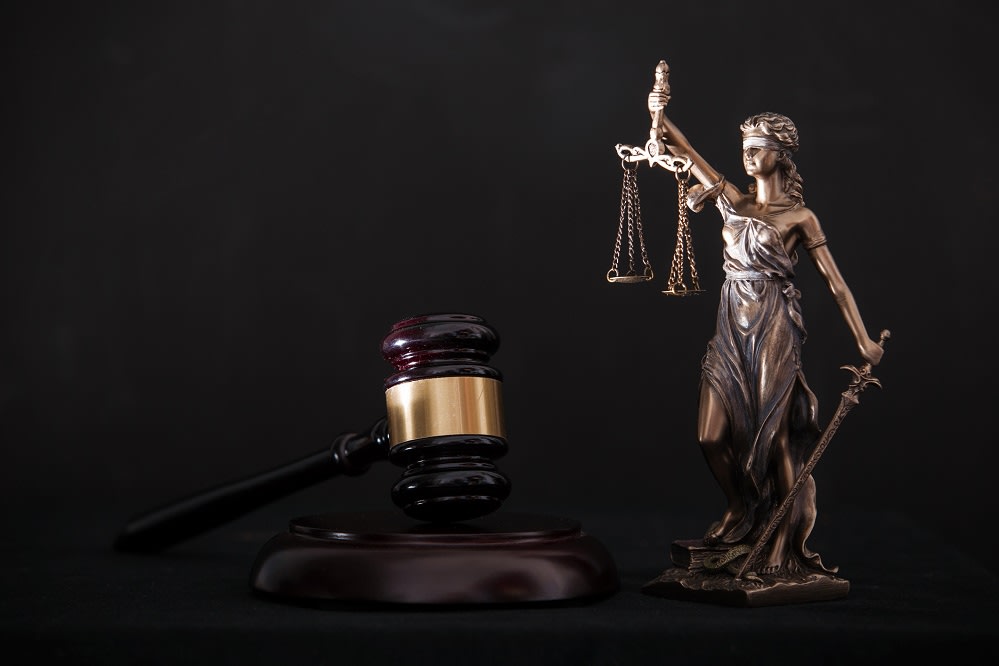Prosecutors Request New Trial for Subject of “Serial”
After serving more than 20 years of a life sentence, Adnan Syed, the subject of the true-crime podcast “Serial,”is set to be released from prison.
A jury convicted Syed of kidnapping and murdering his ex-girlfriend, Hae Min Lee, in 2000. Lee was 18 years old when she went missing in January 1999, and her body was found buried in a park a few weeks later. She had been strangled to death.
Syed always maintained his innocence and spent the last two decades filing appeals and motions for post-conviction relief. But those requests didn’t get far in Maryland courts — until prosecutors in Baltimore filed a motion to vacate Syed’s conviction last week.
“To be clear, the state is not asserting at this time that [Syed] is innocent,” the motion reads. “However…the state no longer has confidence in the integrity of the conviction.”
A recent review of Syed’s case revealed that investigators knew of at least two other suspects in Lee’s murder. The year-long investigation, conducted by the state and Syed’s defense team, uncovered new DNA evidence and possible Brady violations that could prove Syed’s innocence.
But more importantly, that also means Hae Min Lee’s killer is likely still at large.
What Are Brady Violations?
When criminal lawyers refer to Brady violations, they’re talking about a 1963 Supreme Court decision, Brady v. Maryland. In that case, 25-year-old John Brady was convicted of first-degree murder and sentenced to death for his role in a robbery that resulted in a person’s death. Brady claimed his co-conspirator, Charles Boblit, committed the murder. And in fact, the prosecution possessed a signed confession from Boblit. But that evidence was never entered at trial or shared with Brady’s defense lawyers.
The Supreme Court held that if prosecutors uncover evidence that might exonerate a criminal defendant, it must be turned over to their defense team. Failure to do so violates the Fourteenth Amendment’s due process clause. Brady violations can mean overturned convictions, reduction of a person’s sentence, or dismissal of charges altogether.
Why Would Prosecutors Vacate Their Own Case?
The state based its motion on a new law passed in Maryland in 2019. Its initial purpose was to vacate convictions that relied on testimony from members of the corrupt Gun Trace Task Force. But it applies to any conviction where new evidence makes the state question the integrity of a previous criminal trial.
The recent investigation uncovered that not only were there other suspects in Lee’s murder, but one of them had actually threatened to kill her. This information could have helped Syed’s defense team provide an alternative theory of the case if prosecutors had shared it with them.
The state points to evidence that the other suspects have been convicted of sexual assault and engaged in violence against women. Some of these crimes occurred before Syed’s trial, some after. Investigators also discovered that the grassy lot where Lee’s car was found after she went missing was right behind a house belonging to a relative of one of the alternative suspects.
Given that much of the evidence against Syed was circumstantial, this new information would have likely made a big difference at his trial. And because some of it was available to prosecutors in 1999, the fact that it was never shared with his defense means Syed’s previous conviction is suspect and potentially unconstitutional.
Syed Released at the State’s Request
Interestingly, it was the state that requested Syed be released on his own recognizance if its motion to vacate his conviction was granted. Baltimore’s head prosecutor, Marilyn Mosby, released a statement detailing her office’s position.
“We believe that keeping Mr. Syed detained as we continue to investigate the case with everything that we know now, when we do not have confidence in the results of the first trial, would be unjust.”
Related Resources:
You Don’t Have To Solve This on Your Own – Get a Lawyer’s Help
Meeting with a lawyer can help you understand your options and how to best protect your rights. Visit our attorney directory to find a lawyer near you who can help.






